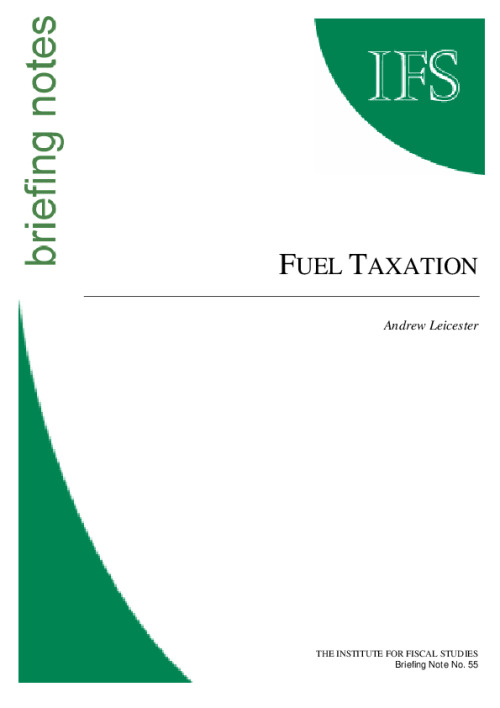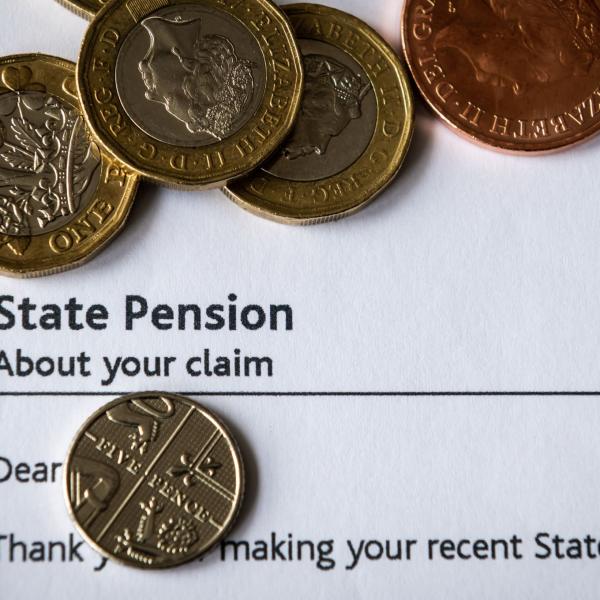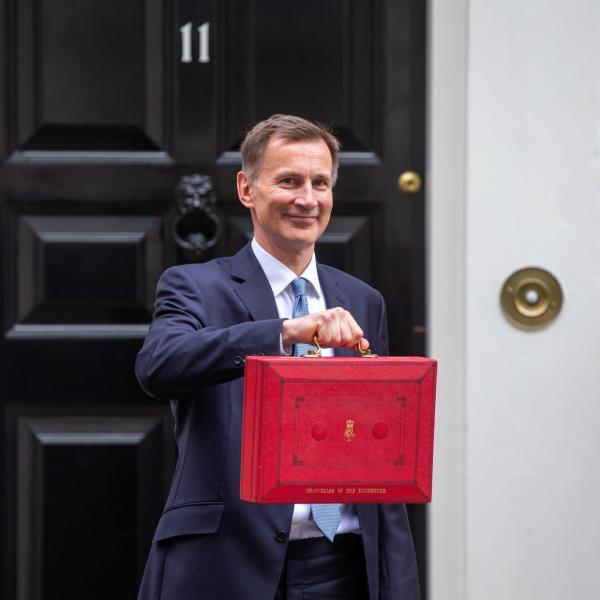In the autumn of 2000, increases in the price of petrol led to fuel protests across Britain. It was argued that high levels of indirect taxation on fuel, which had risen rapidly in each year from 1993 to 1999 (the escalator, which saw duties on fuel increase by 3 percentage points above inflation between 1993 and 1997,
and 6 points between 1997 and 1999), had provoked the protests. Since abandoning the escalator in the 1999 Pre-Budget Report, the Chancellor has not
increased fuel duties above inflation in any Budget. As has become customary
in recent years, it was announced in the 2005 Budget that the planned increase
in duties in line with inflation that would normally come in from April 2005
had been postponed until September, when it would be reviewed in the light of
oil prices.
Despite the escalator being abandoned, petrol prices have risen once again and the threat of renewed protest has been debated. This Briefing Note updates earlier work (see asterisked footnote below) from the time of the last petrol crisis and considers the extent to which recent increases in prices can be attributed to government policy. It also considers whether there is a case for duties to be changed as a direct result of pump price changes, and examines evidence on the effects of fuel duty changes on different groups of the population.










